Dear Annie and Ezra,
You are almost 11 years old now, and you are citizens of several communities: your synagogue, your school, your teams, your town, your state, your country, and the world. You have responsibilities to all of those communities.
A citizen is someone who has rights and responsibilities in a defined group. Those rights are at risk when we don’t act responsibly.
In your Jewish community, your responsibilities are to learn the Torah, the rich history and culture of Judaism, and the requirements of your mitzvahs. In your school, your responsibility is to learn how to think, relate, and represent information in creative ways. On your teams, your responsibilities are to learn new skills, what it means to be a member of a team, and how to handle winning and losing. In your town, your responsibilities are how to be just to all kinds of different people, how to find your way around on your own, and what rules you must follow. In your state, your responsibilities are to learn where the different cities are and how each has a different mix of people with different historical roots. In your country, you are responsible for learning there are 50 separate states with changing laws as well as political, social, and economic differences. In your world, you are responsible for learning there are hundreds of countries, distinct cultures, and changing climates.
All of these responsibilities require empathy, compassion and hard work.
In each of those communities you have to make choices:
- Do I want to be a leader – really make a difference?
- Do I want to be a contributor – find creative solutions?
- Do I want to be a participant – join in with others?
- Do I want to be an observer – watch from the sidelines and be a critic?
- Do I want to be a detractor – get in the way of full participation and progress (disrupt and distract)?
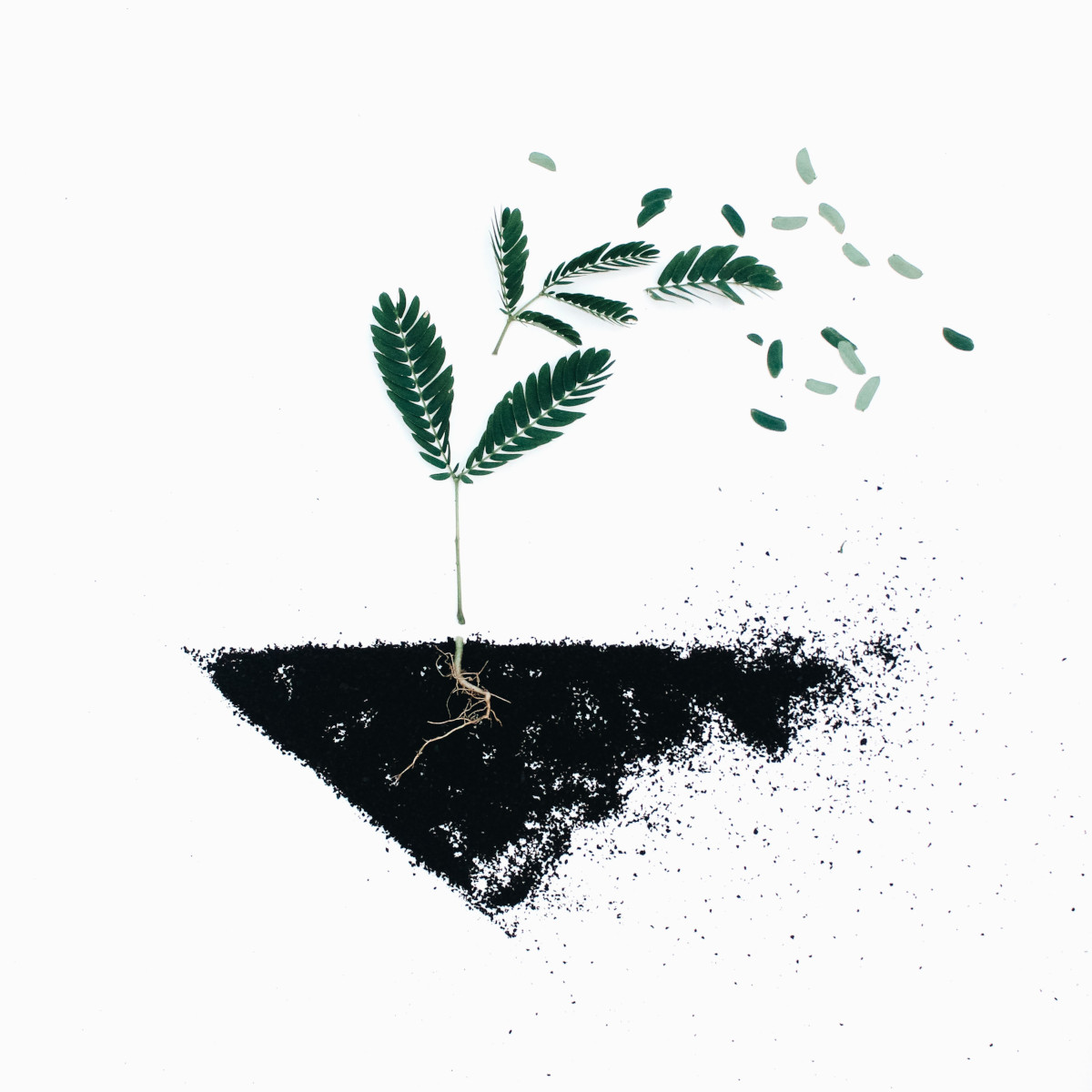
You don’t need to be a leader in every community to which you belong. In many cases, it may not even be possible or appropriate – but it’s important to choose. No matter what community you are in, you want to make some attempt to improve it. That may be as simple as suggesting a new idea. It’s also important to participate in the communities where you live, learn, and work. That may mean joining committees, meeting expectations, or getting involved. In some communities, you may want to just observe for a time until you feel safe to take a more active role or to take the risk of joining whatever activity may be going on. It’s almost never a good idea to be a detractor in a community unless you feel strongly that the community is doing something wrong or heading in the wrong direction. In that case, it’s your responsibility to speak out.
To me, more importantly, every citizen also has a responsibility to acknowledge the truth, vote, and hold people accountable. Here’s what I think each of those responsibilities mean.
Acknowledge the Truth. Acknowledging the truth starts with admitting when we are wrong and owning our behavior. No blaming. No denying. No excusing what our role in an issue may be. It also means doing the hard work of digging for the truth in history, science, or politics. It means staying open to new evidence that is well-researched and science-based.
In our country, many people refuse to acknowledge their own behavior, and they deny the historical foundation on which we have grown. The truth is that our government treated Native Americans cruelly and unfairly, it enslaved African Americans and continues to deny rights to people of color. Many people want to ban books because the books acknowledge these truths and/or don’t reflect their particular beliefs and points of view. It is also true that our country has afforded many people amazing possibilities to accomplish their goals and has advanced the idea of liberty in many places in the world. You can hold all of those truths in your mind at the same time. It’s OK. In fact, it’s healthy. It’s called having a balanced perspective.
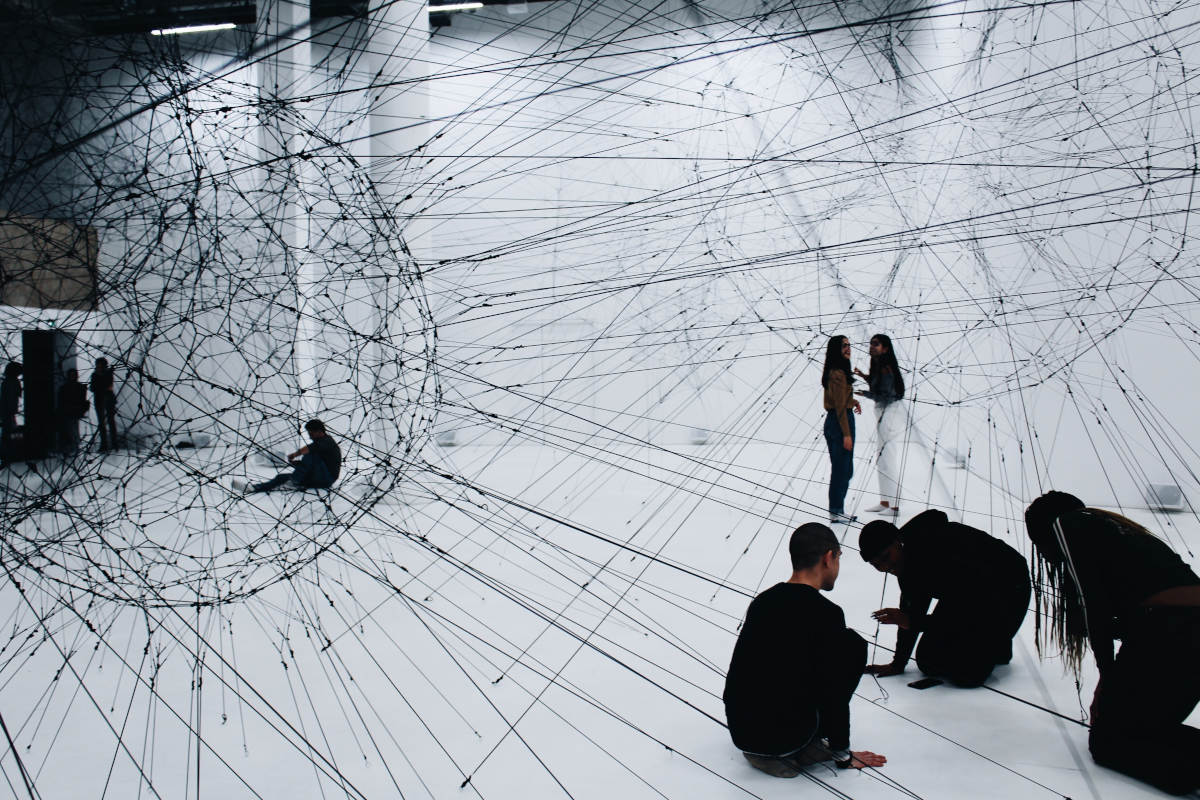
Nothing productive can happen unless it is based on truth. Finding the truth, however, is often not easy. Not only do we need to be open to changing our minds about certain beliefs or opinions we may have, but we also need to look at many sources of information to make sure we are getting as close to the truth as possible. I think the hardest thing, however, is to remain willing to change our minds when a certain “truth” we strongly hold turns out to not be true. Many centuries ago, most people believed that the earth was the center of the Universe. People were punished for suggesting the earth revolved around the sun until it was proven beyond doubt that was not the case. We always have to be humble enough to accept that we may never fully know the complete truth, but we have the responsibility to try.
Vote. Change only happens when people vote. And that is only the case for those fortunate enough to live in a democracy. While you are still living in a democracy, that democracy is under attack. Democracy is based on the ideas that everyone has a vote and that the majority rules. Those rights are now being denied to people in many states and there are some people who are trying to impose a system in which the minority rules even though they don’t have a majority of the votes.
You can vote in many ways. You can vote with your money by only buying products that are environmentally responsible. You can vote with your time by choosing a career that adds value to the world even though it may not add as much cash in your pocket than another career. You can vote with your talent by deciding what organizations to join or what cause you choose to advance. You can vote in your clubs and organizations for decisions that are made by the group. You can vote in your family on where you want to go on vacation – even though your vote may not count as much as your parents’ votes. And, when you turn 18, you will be able to vote with your ballot to select the kind of people you want to lead our cities, states, and country.
In my work with local governmental agencies, the first question I always ask when an issue arises is “Do we have the votes?” If you don’t have the votes, you are going to lose. There are two responsibilities in voting: 1) cast your own vote, and 2) encourage as many people as possible to vote with you. In our last election in America, 80 million registered voters failed to vote. So, in whatever group you live, learn, or work where you possess the power to vote, it is very important that you exercise that right AND that you do whatever you can to get everyone else to vote – particularly those people on your side. Complacency is not a choice.
Hold People Accountable. Reform only happens when we hold ourselves and others accountable for actions. The best way to hold people accountable is tell the truth and to gather whatever votes you need to apply a fair consequence. Do you see how this all fits together?
Holding people accountable starts with holding ourselves accountable. We need to own our own role in a problem and admit to how we may have played a role in a bad outcome. Holding people accountable continues by making sure we have done all the homework required to present an accurate picture of the truth – which includes points of view from all the people involved. We need to search for facts and dig deeply for the root causes of a problem. We not only need to understand the truth of what happened; where, when and how it happened; and who was involved, but also why it happened. For example, why would people believe a lie; what would cause them to hold onto beliefs that have no basis in evidence; why would people resort to extreme measures? These are all hard questions that deserve serious consideration. Holding people accountable concludes by determining an appropriate consequence for their behavior.
If people don’t pay a price for their bad behavior, they are unlikely to stop the behavior. You learned this principle on the playground when you had to deal with bullies. We need to start calling people out on their bad behaviors and start insisting on consequences for unlawful, unethical, and simply inappropriate behaviors. Silence is not a choice.
Annie and Ezra, you are lucky to have parents who are good citizens. They seek the truth, they vote for what matters to your health and well-being now and in the future, and they hold themselves and others accountable for their actions – including you.
Sometimes you don’t like hearing the truth – I know I don’t. I don’t like to hear that I can be impatient, intolerant and make unilateral decisions.
Sometimes, you would rather not cast a vote, voice your opinion or speak up for a cause you believe in. It can cause hard feelings and division. I always vote, but I could do more to call out bad behavior and encourage others to vote.
Sometimes, you don’t like being held accountable. Most of us don’t. I would much rather get away with some of my bad behaviors, but your Grammy is always on the ready to point out the errors of my ways.
Yes, even though you may not like it at times, your Mom and Dad are really good at seeking the truth, casting their votes, and holding themselves, you, and others accountable. Many kids are not so lucky. As a result, many people in the world are losing rights instead of gaining them. And, instead of people paying for the consequences of their individual actions, the planet is suffering the consequences of our collective actions.
I wish all of us would work hard to become better citizens: to seek the truth, to vote, and to hold ourselves and others accountable. The truth is that unless we step up to those responsibilities many of our rights and possibilities are going to disappear. We are already seeing that happen.
Annie and Ezra, my dear grandchildren, I hope the young people in the world like you do a better job at being good citizens than the people who have preceded you. I hope your generation won’t be as complacent as mine. I hope you will raise your voices and make yourselves heard. For the sake of your future, democracy’s future and the planet’s future, may it be so.
Also published on Medium.
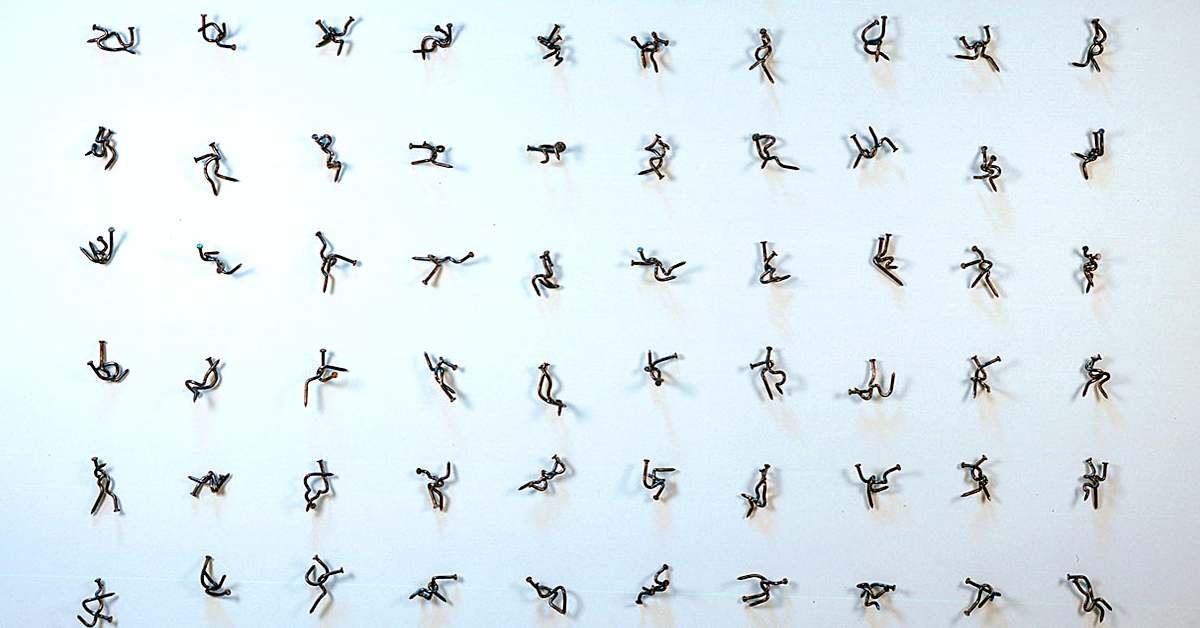
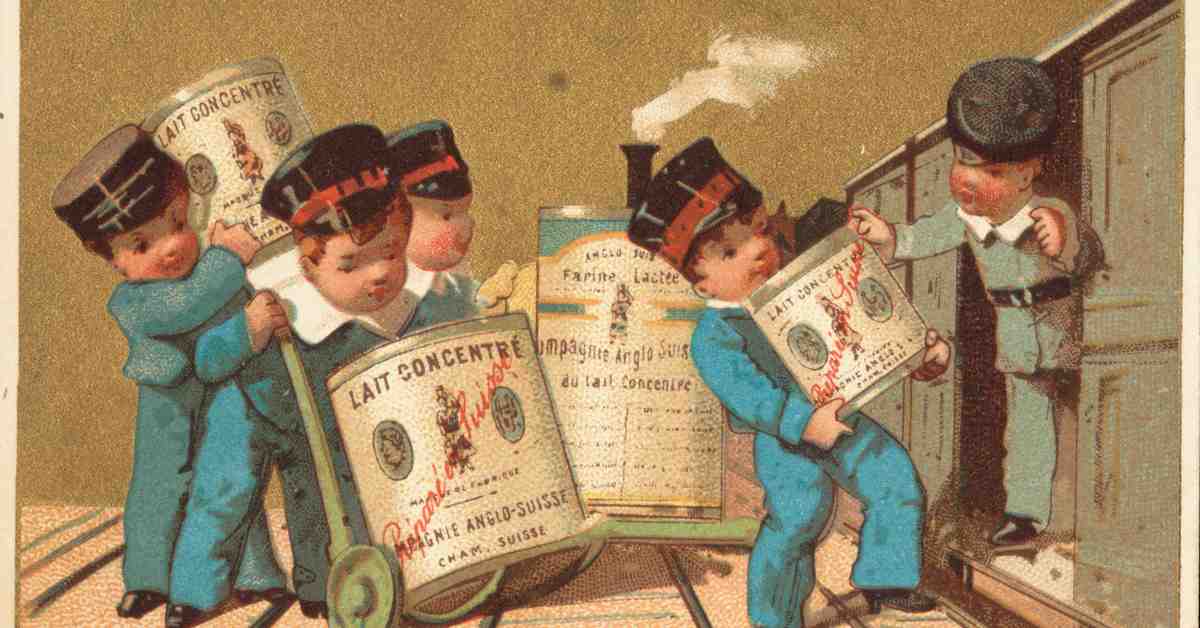
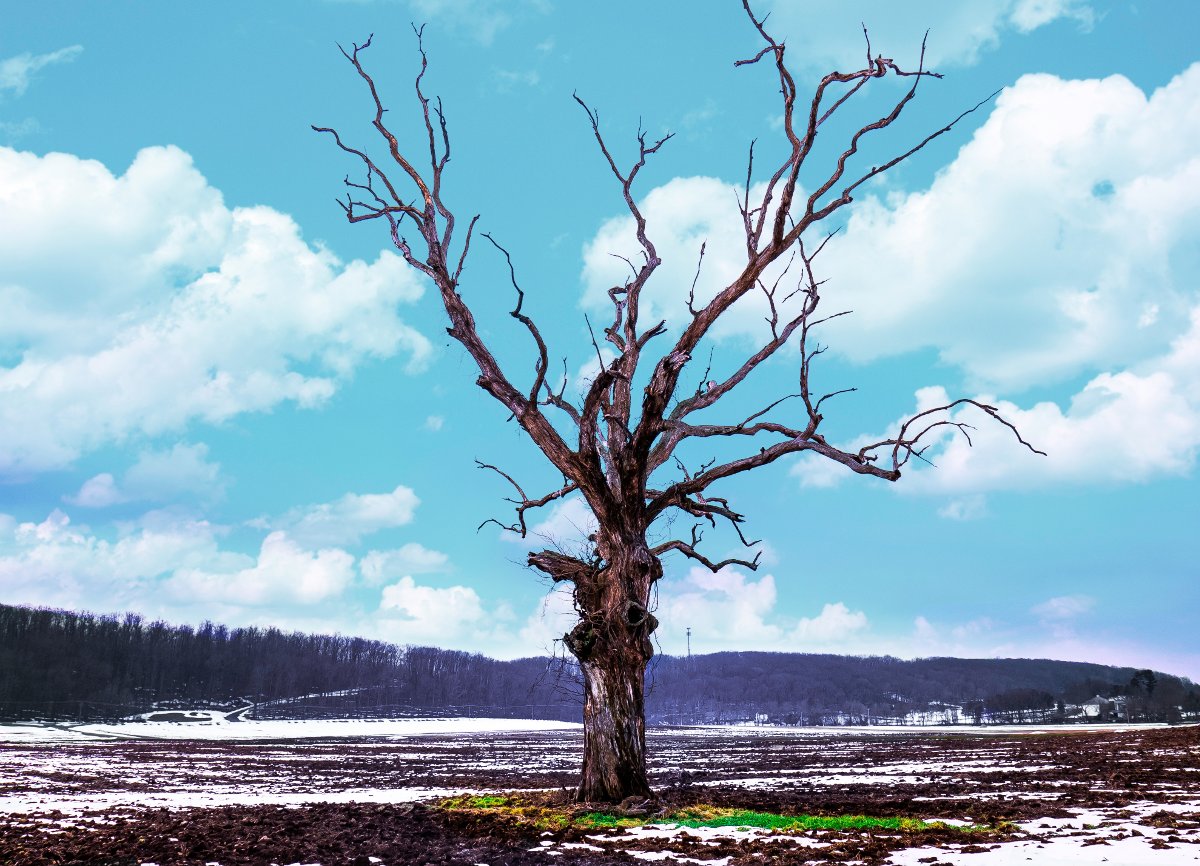
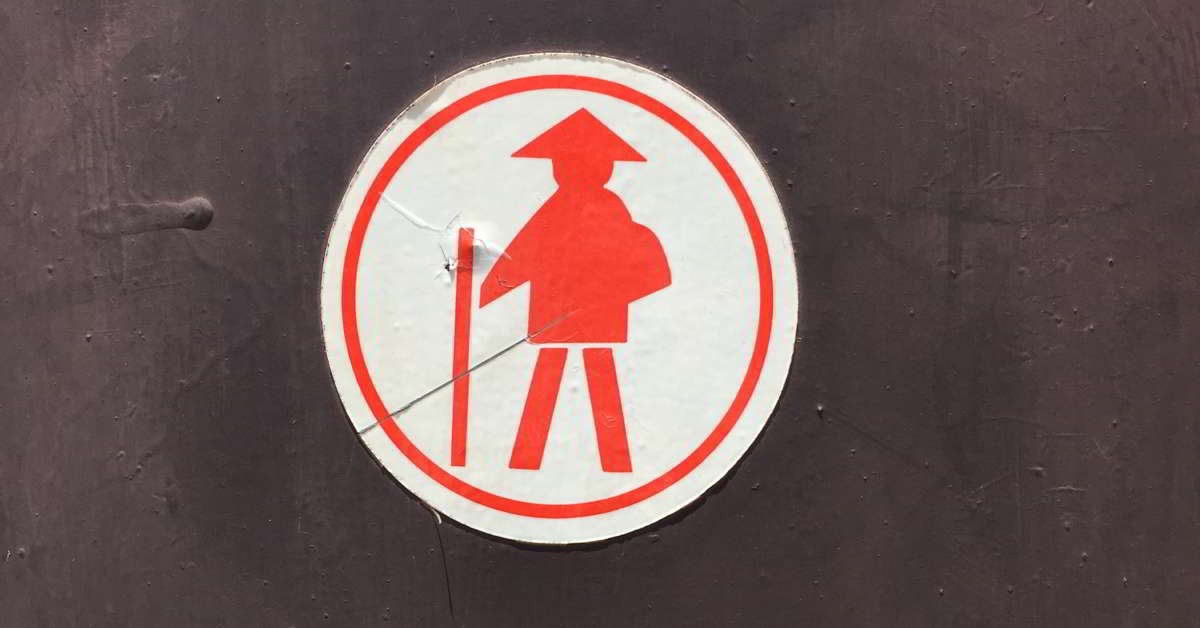
Love the personal touch! Thank you! RonnyDonny